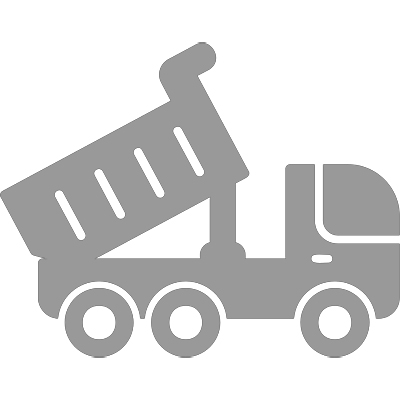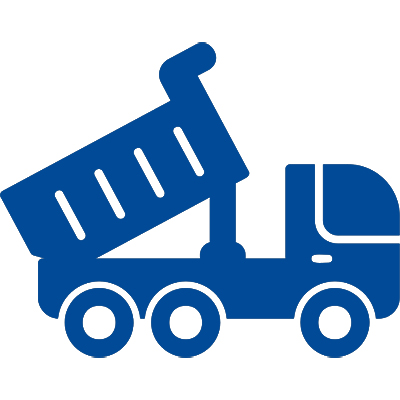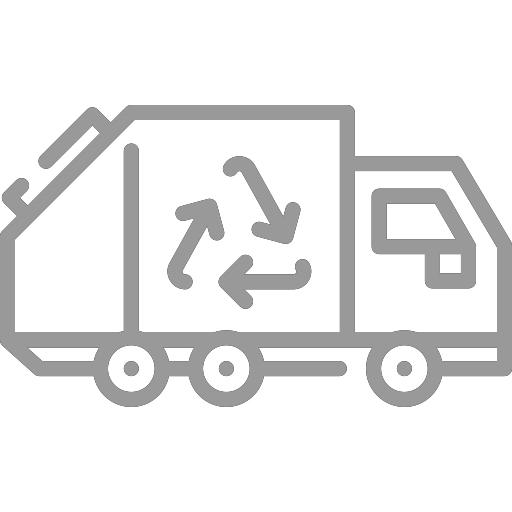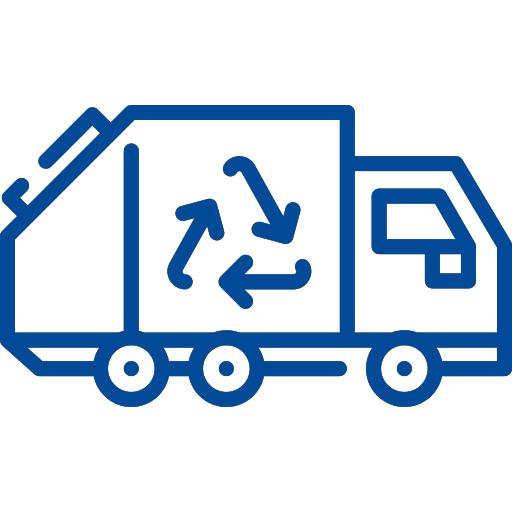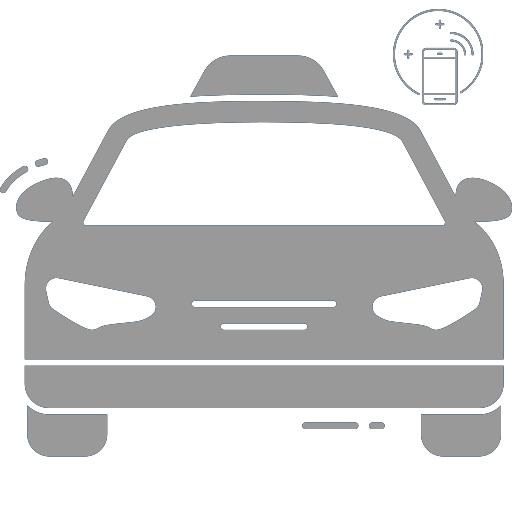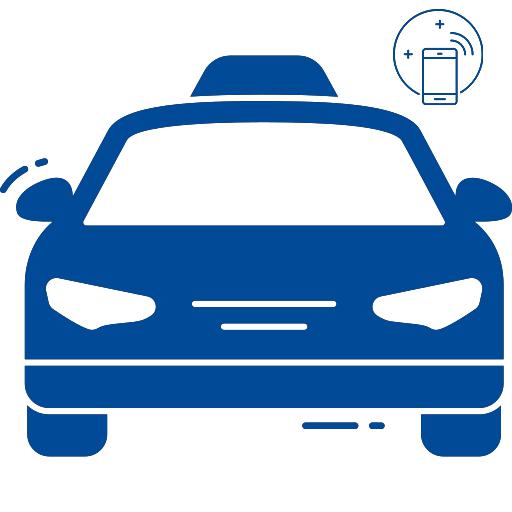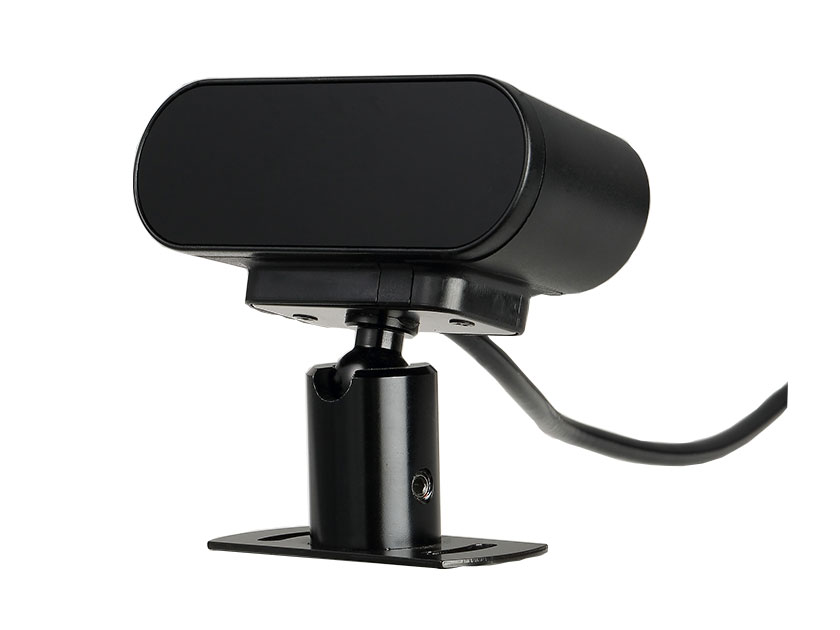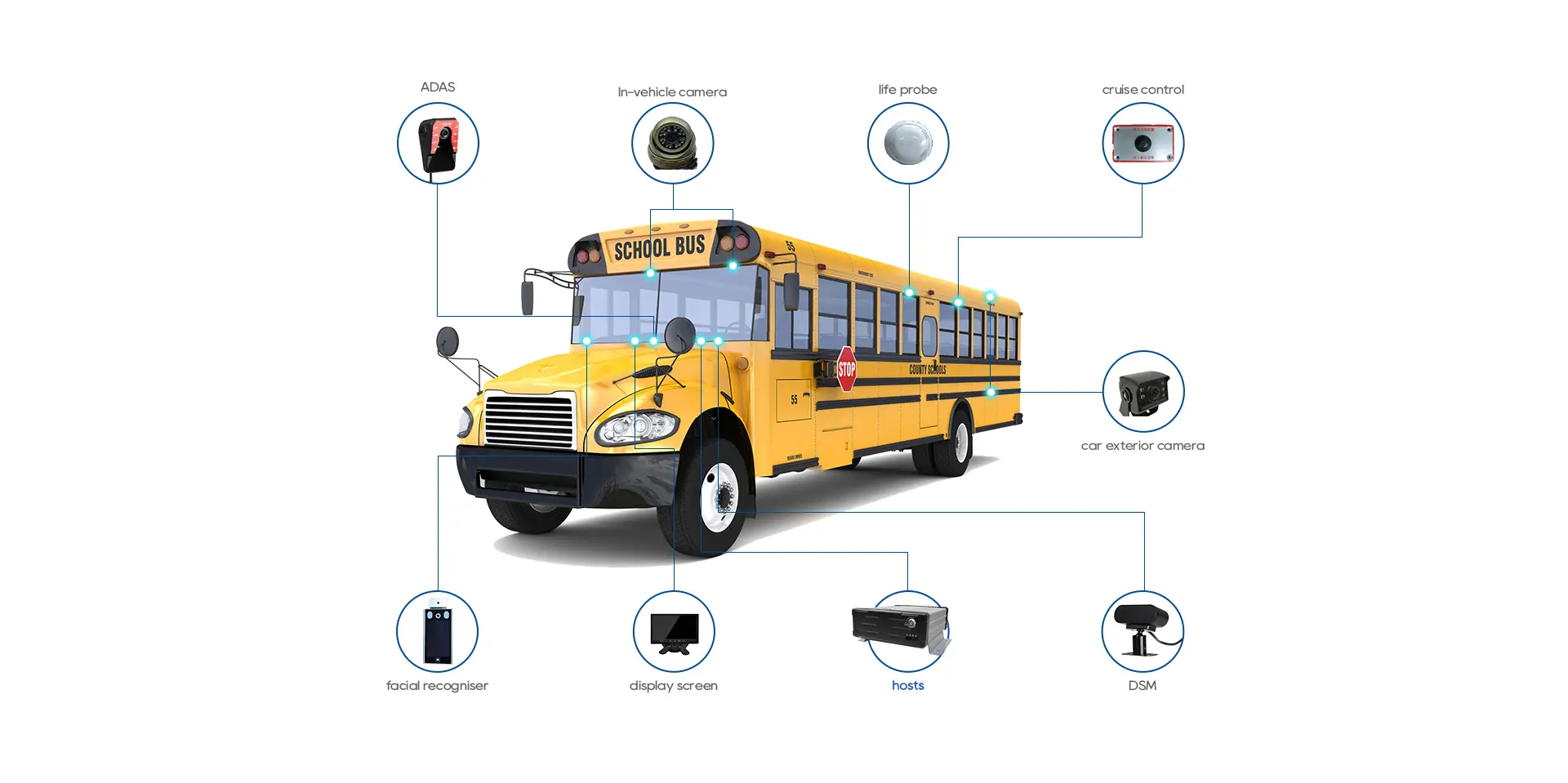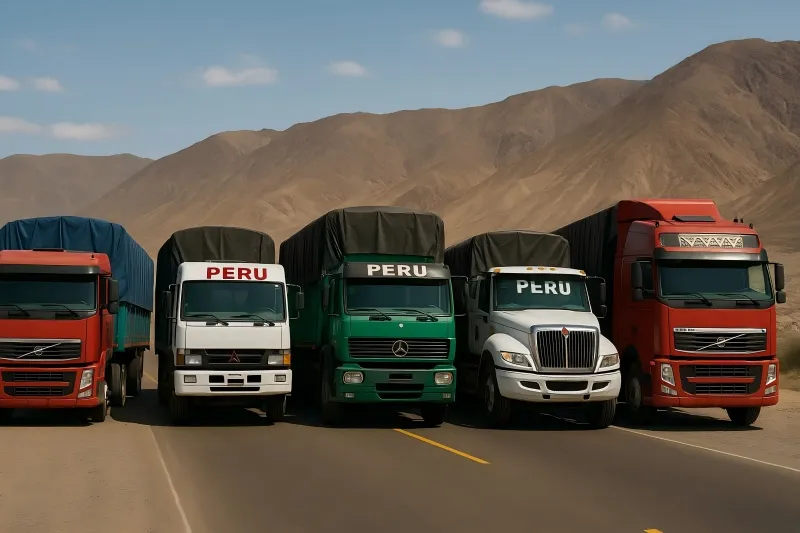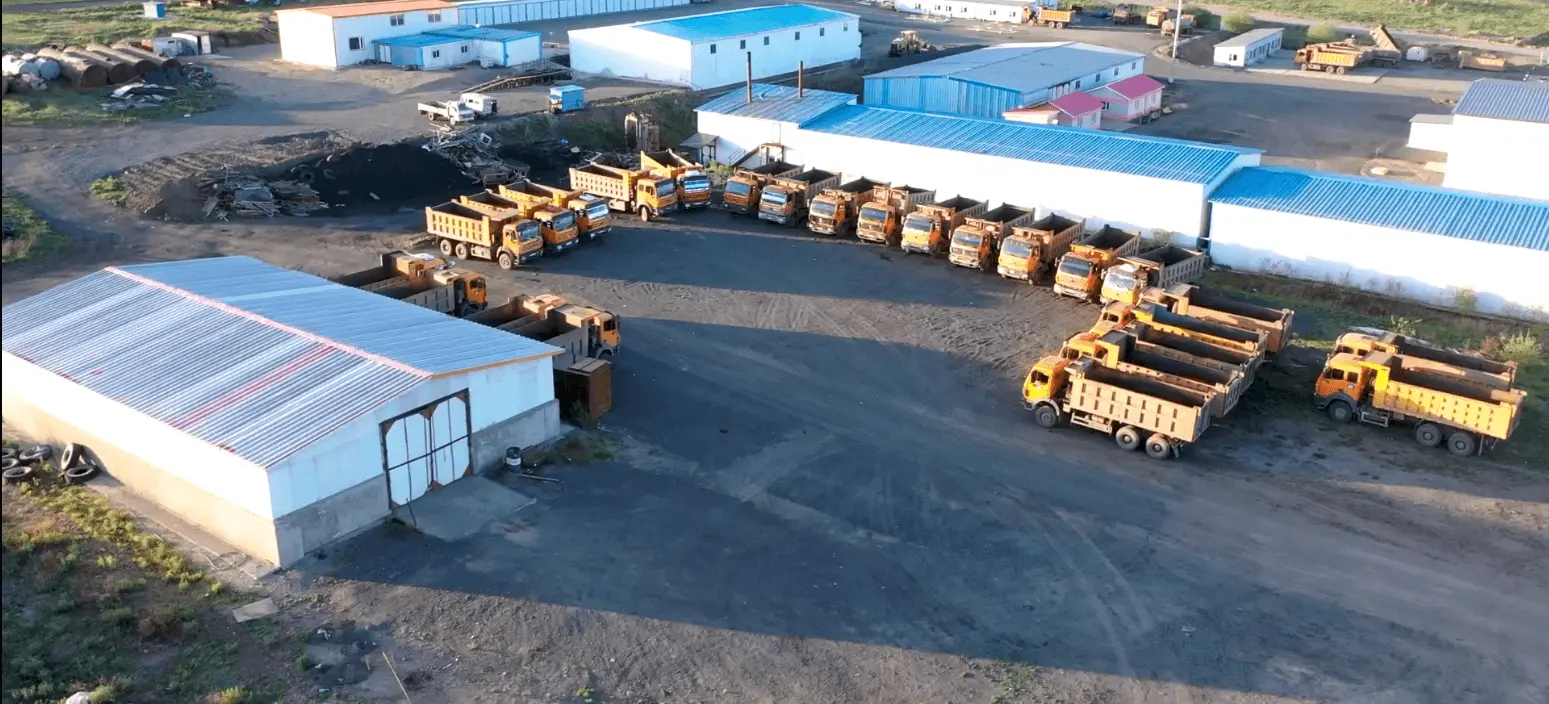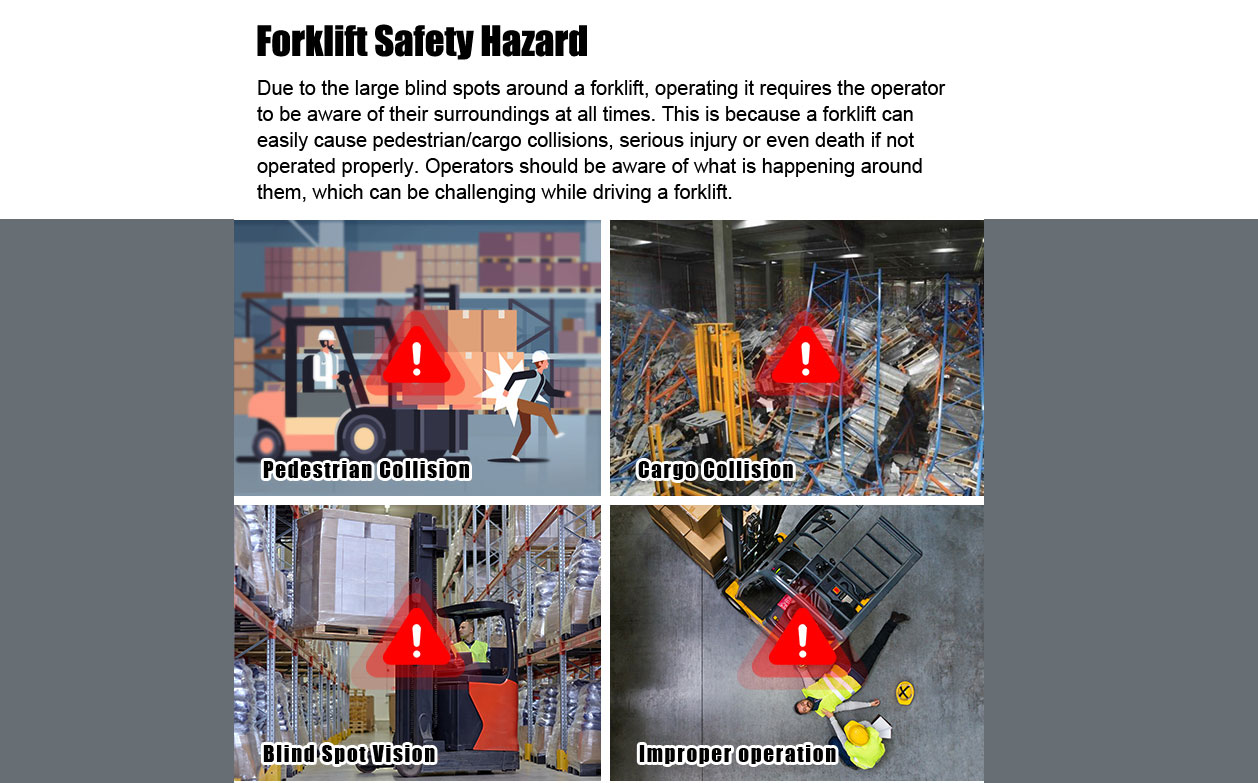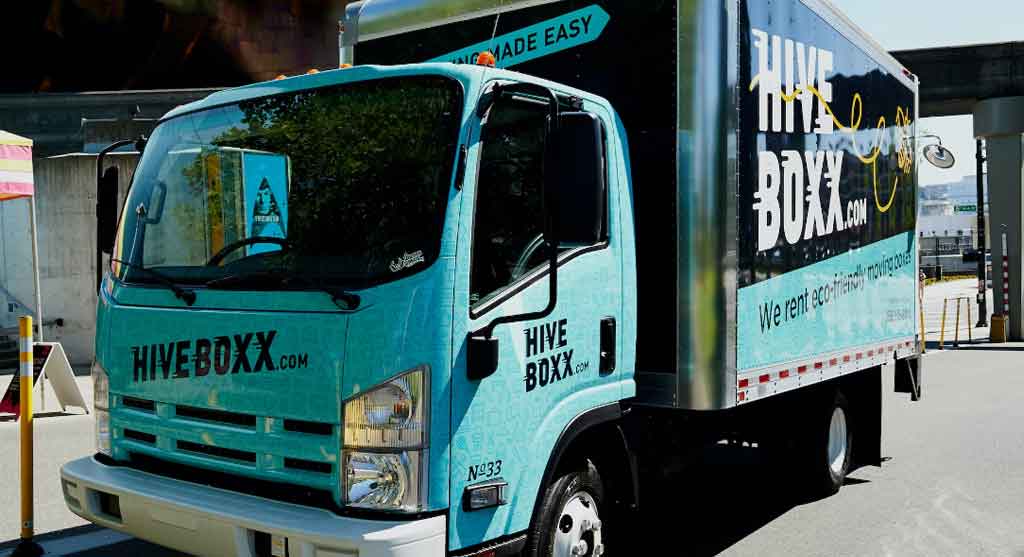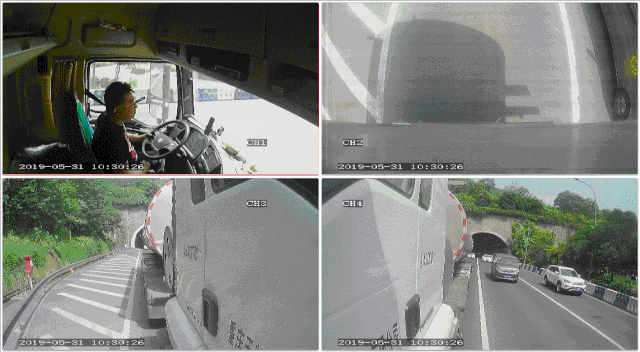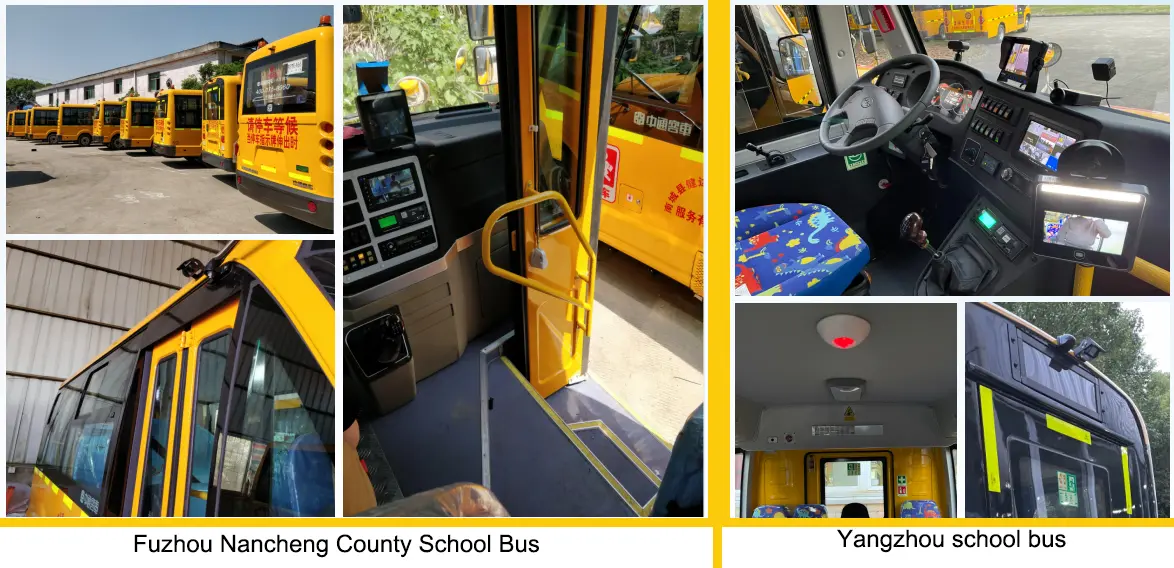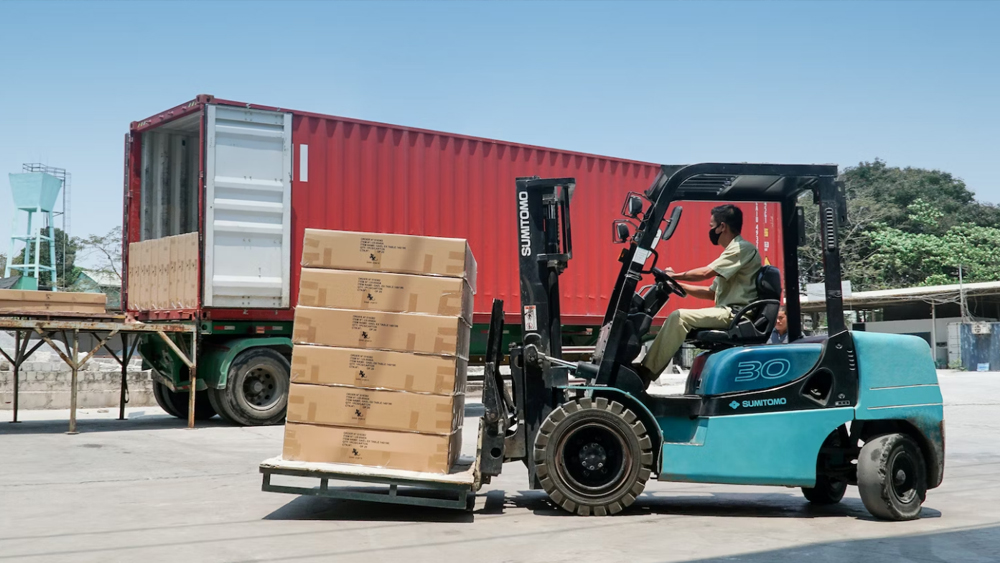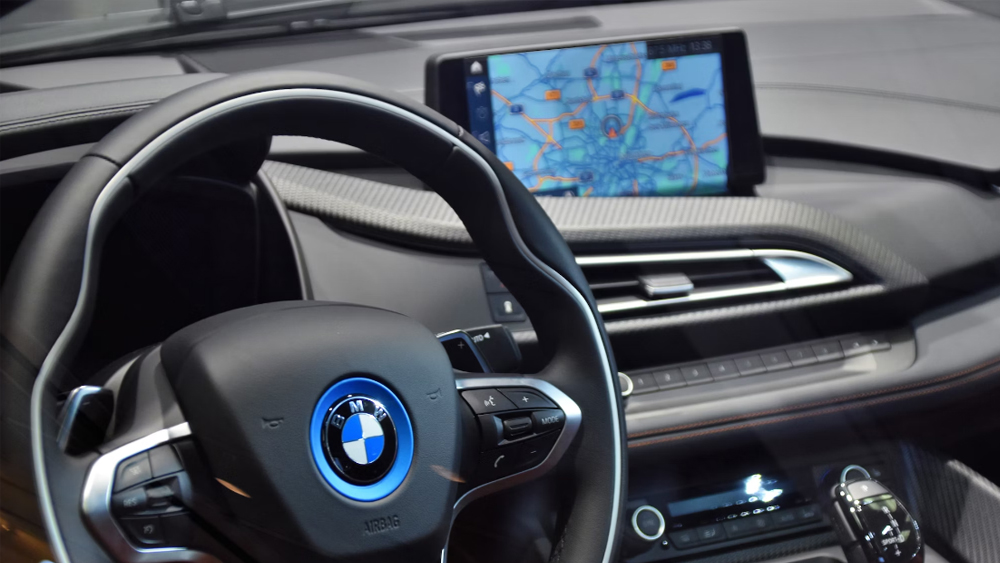Customized Telematics Solutions
What is Telematics?
Recently, we have integrated remote information processing into fleet management. Many people are curious about what this is and why it is important for efficient operations. To help answer your questions, we have compiled all the information you need to know about fleet remote information processing.
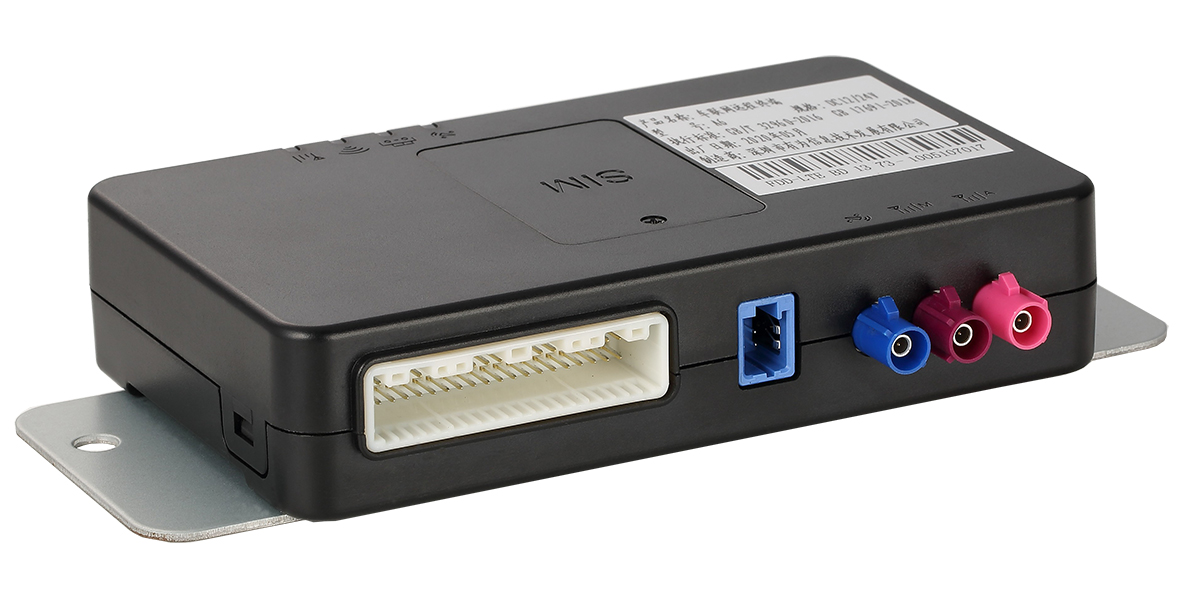
What is Telematics?
Remote information processing refers to the integration of telecommunications and information technology to collect, transmit, and analyze data from multiple vehicles. This technology enables real-time tracking, performance monitoring, and data-driven insights, optimizing fleet management, improving operational efficiency, and enhancing safety.
How does remote information processing work?
YUWEI’s Telematics uses GPS and other telecommunications components to transmit vehicle data through cloud servers. The system sends information to the center via a special SIM card and modem, accessible through a web browser. This includes data on location, fuel consumption, and vehicle speed.
What is the difference between remote information processing and GPS?
GPS provides location and time information, while remote information processing provides detailed data about the current status and activities of vehicles. Remote information processing offers a more comprehensive understanding through performance metrics, including driving behavior and maintenance needs.
Should I invest in a remote information processing solution?
Yes, the advantages of remote information processing include productivity, safety, compliance, fleet optimization, and sustainability. It not only provides valuable information but also helps save costs, increase profits, and offer real-time alerts and driver guidance.
Advantages and disadvantages of remote information processing
Advantages:
Cost savings, increased profits
Enhanced safety, accident prevention
Visibility and accessibility
Coaching opportunities for drivers
Disadvantages:
Driver privacy concerns (addressable through responsible use)
Time-consuming data processing (mitigated by system assistance for quick application by managers)
Key advantages of remote information processing
Improved productivity
Increased safety
Optimized fleet operations
Enhanced compliance
Reduced insurance risks
Sustainable development
Which vehicles can use remote information processing?
Commercial fleets (trucks, delivery vans, buses)
Construction vehicles and heavy machinery
Public transportation vehicles
Rental and car-sharing services
Agriculture and farm equipment
Maritime and aviation
YUWEI's remote information processing system provides a comprehensive solution, whether you are managing a fleet, improving productivity, or pursuing sustainability goals – it is a powerful tool.

Telematics Control Unit
T-BOX (Telematics Control Unit) A6 is a terminal designed for remote control and vehicle data collection tailored to both commercial and passenger vehicle applications.
Telematics Control Unit














